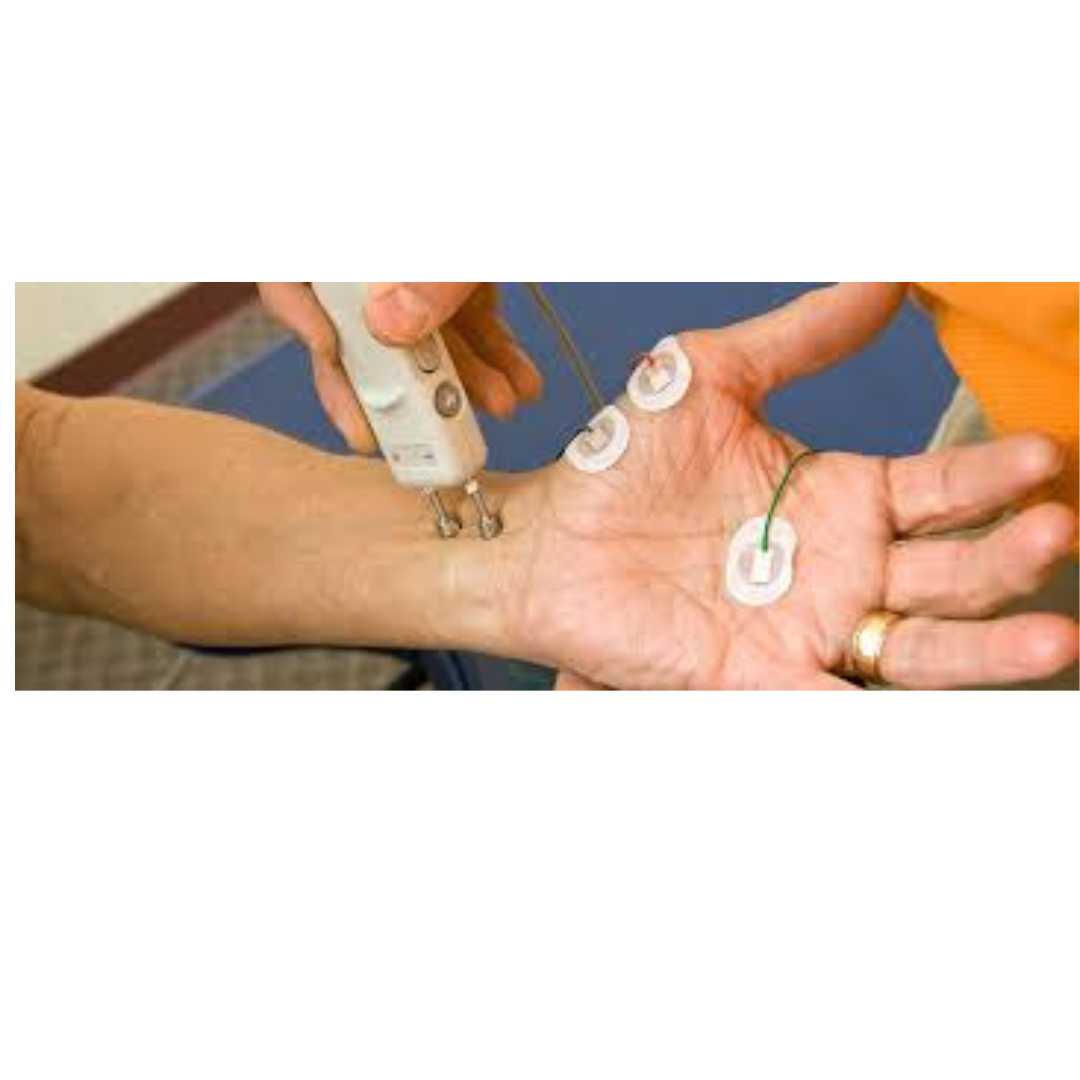-
Feed de notícias
- EXPLORAR
-
Páginas
-
Grupos
-
Eventos
-
Blogs
Comprehensive Guide to NCV Blood Test: Procedure, Benefits & Insights

NCV Blood Test: Everything You Need to Know
If you are looking for accurate diagnostic solutions for nerve-related issues, the ncv blood test is one of the most reliable procedures available today. At EcoTown Diagnostics in Bangalore, patients can access state-of-the-art facilities for a detailed evaluation. This test is specifically designed to assess nerve function and helps physicians detect potential abnormalities at an early stage. Knowing when and why to undergo this procedure can significantly influence your overall health management.
What is an NCV Blood Test?
The ncv test is a specialized diagnostic tool that measures the speed and efficiency of electrical signals transmitted through your nerves. By assessing the response time and strength of these signals, medical professionals can identify nerve damage, inflammation, or disorders that might be affecting your day-to-day functioning.
Unlike general blood tests, this evaluation combines the principles of electrophysiology with precise monitoring equipment, ensuring high accuracy and reliability.
Why is the NCV Blood Test Important?
Nerve-related problems can be subtle and often go unnoticed until severe symptoms develop. The ncv test plays a crucial role in:
-
Early detection of neuropathies
-
Monitoring progression of chronic conditions like diabetes
-
Guiding treatment plans for nerve injuries
-
Differentiating between muscular and neurological disorders
By taking this test, patients gain valuable insights into their nervous system health, enabling timely interventions.
Who Should Consider an NCV Blood Test?
The ncv test is recommended for individuals experiencing symptoms such as:
-
Numbness or tingling in hands or feet
-
Unexplained muscle weakness
-
Pain or burning sensations along specific nerve pathways
-
Difficulty in coordination or balance
Patients with chronic illnesses, especially diabetes, may benefit from regular monitoring to prevent long-term nerve complications.
How is the NCV Blood Test Conducted?
Preparation Before the Test
Preparation is usually minimal. Patients are advised to:
-
Avoid applying lotions or oils on the skin of the tested area
-
Wear comfortable clothing for easy electrode placement
-
Inform the technician about any implanted medical devices
Procedure
The ncv test involves placing small electrodes on the skin over specific nerves. These electrodes send gentle electrical impulses while recording nerve responses. The entire test is painless, though mild tingling may be felt. Most sessions last between 30 to 60 minutes depending on the number of nerves being evaluated.
Post-Test Care
There is no downtime required. Normal activities can be resumed immediately after the test. Results are analyzed by a neurologist to interpret any abnormalities.
Understanding NCV Test Results
Results from the ncv blood test typically include:
-
Nerve Conduction Velocity: Measures the speed of electrical signals
-
Amplitude: Indicates the strength of nerve signals
-
Latency: Time delay between stimulus and response
Abnormal results may indicate nerve damage, demyelination, or other neurological conditions. Your physician will discuss appropriate next steps based on these findings.
Benefits of the NCV Test
Early Detection of Disorders
Early identification of nerve issues can prevent complications and improve long-term outcomes.
Non-Invasive and Safe
The ncv test is minimally invasive and free of major side effects, making it suitable for a wide range of patients.
Assists in Treatment Planning
Accurate results guide medical professionals in selecting therapies, medications, or rehabilitation programs tailored to your condition.
Monitors Progress Over Time
For chronic patients, periodic testing helps track improvements or deterioration, ensuring timely intervention.
Common Myths About NCV Blood Test
-
Myth: It is painful.
Fact: The test causes only minor tingling and is generally well-tolerated. -
Myth: It requires hospitalization.
Fact: The procedure is outpatient-friendly and usually completed in under an hour. -
Myth: It is only for seniors.
Fact: People of all ages experiencing nerve symptoms can benefit.
Cost and Availability
The ncv test cost varies depending on the diagnostic center, complexity, and number of nerves tested. EcoTown Diagnostics offers competitive pricing for patients in Bangalore, making high-quality testing accessible.
Early testing is key to prevent complications, especially for individuals with diabetes, vitamin deficiencies, or nerve injuries.
Conclusion
The ncv blood test is a vital diagnostic tool for anyone experiencing nerve-related issues or monitoring chronic conditions. Its ability to provide precise insights into nerve health makes it indispensable in modern medical care. Choosing a reliable diagnostic center, like EcoTown Diagnostics in Bangalore, ensures accuracy, safety, and timely reporting. By understanding your nervous system better through this test, you can take proactive steps towards maintaining overall well-being.
FAQs
1. How long does the test usually take?
The test typically lasts between 30 to 60 minutes, depending on the number of nerves being assessed.
2. Are there any side effects?
The procedure is generally safe, with only minor tingling sensations experienced during testing.
3. Is any special preparation required?
Minimal preparation is needed. Patients should avoid skin products and wear comfortable clothing.
4. Can children undergo this test?
Yes, the procedure is safe for children if recommended by a doctor.
5. Will the test be painful?
Most patients report only mild tingling; it is considered painless.
6. How soon can results be expected?
Results are usually available within a few days and interpreted by a neurologist.
7. Can it detect all types of nerve disorders?
It is highly effective for many neuropathies but may need to be combined with other tests for a comprehensive diagnosis.
8. Is it covered by insurance?
Coverage depends on individual insurance policies and medical recommendations.
9. How frequently should the test be done?
Frequency depends on the patient’s condition; chronic patients may require periodic monitoring.
10. Does it require hospital admission?
No, it is an outpatient procedure and does not require overnight hospitalization.
- Art
- Causes
- Crafts
- Dance
- Drinks
- Film
- Fitness
- Food
- Jogos
- Gardening
- Health
- Início
- Literature
- Music
- Networking
- Outro
- Party
- Religion
- Shopping
- Sports
- Theater
- Wellness


